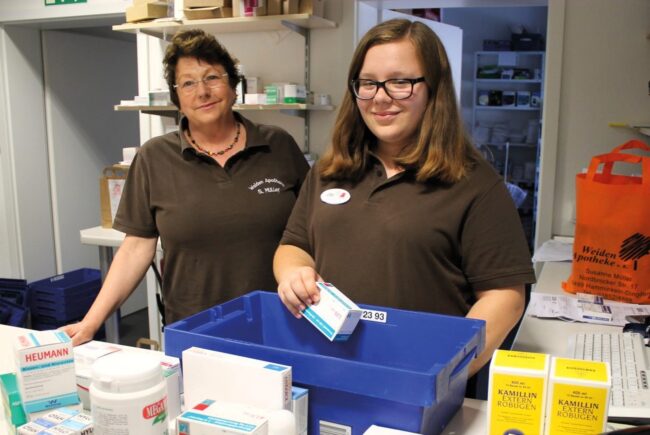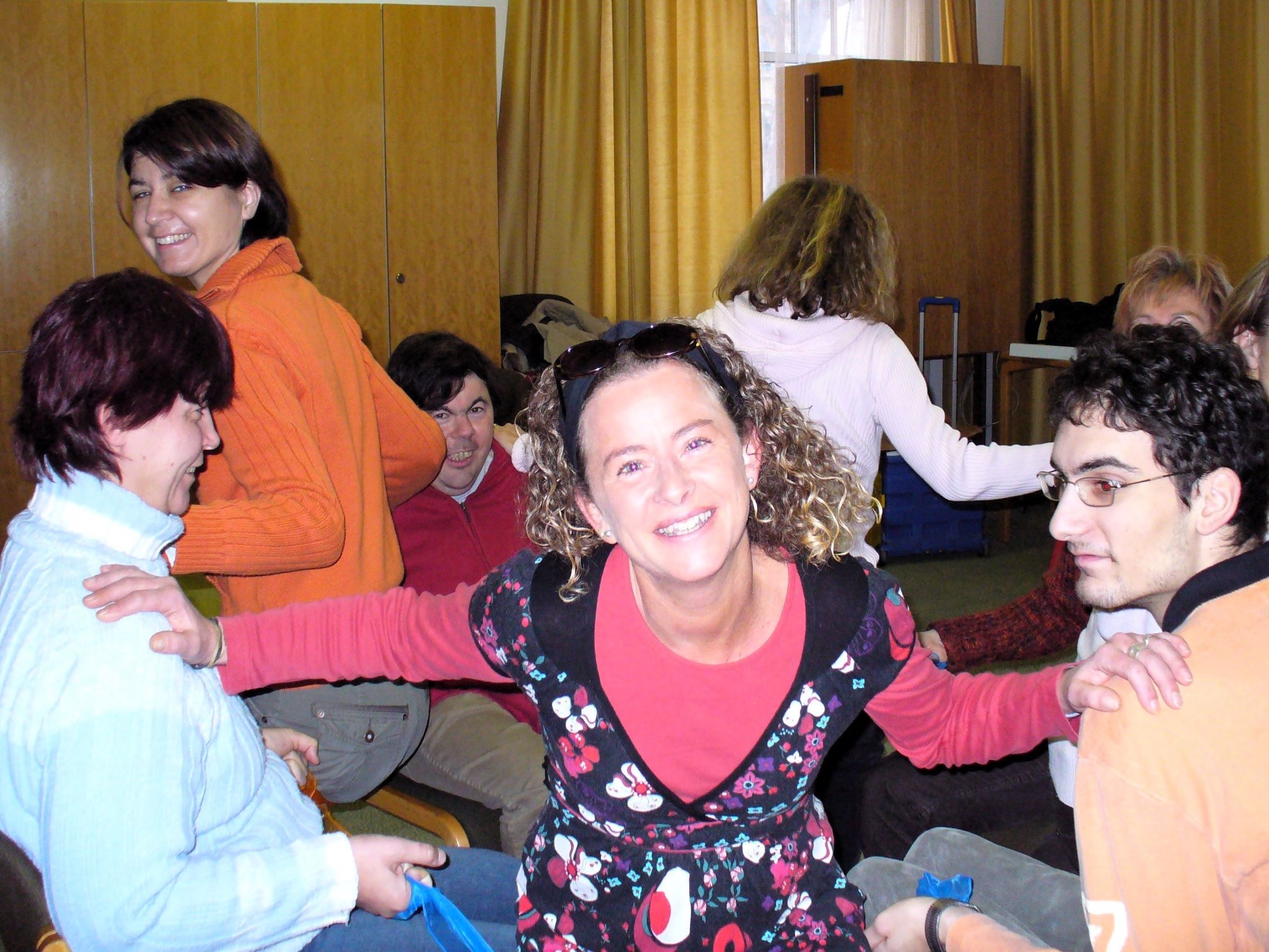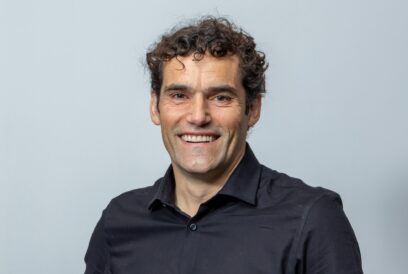An EU project produces learning videos to increase employers’ willingness and ability to hire people with disabilities. The main target group are small and medium-sized companies.
Jürgen Knipping is in a good mood. He has just received confirmation that Nele Sobotta will be able to start as an apprentice at a pharmacy next month. Sobotta has very limited vision and does not only need a special workplace, but above all an employer who allows her to learn and work in a safe and supporting environment.
Knipping works as a job coach at Akademie Klausenhof, a large educational institution in Germany. At the institution, people with different backgrounds take courses to enhance their chances on the labour market.
“Things have improved somewhat, but it is still very difficult to find work for people with disabilities. And it’s not just a challenge to find a job, but also to keep it and feel comfortable in the workplace,” Knipping says.
It’s not just a challenge to find a job, but also to keep it and feel comfortable in it.
“We often encounter a lack of understanding, ignorance and prejudices when we ask companies whether they can consider an applicant who has a disability,” he says.
The challenges are multifaceted. Someone who is autistic or has a hearing impairment behaves very differently from an employee without disabilities. In addition, the variety of disabilities is huge, and they all have their own abilities and specialisms. Human resources managers in companies should understand this and organise workplaces accordingly.
In Knipping’s experience, the basic problem is that many employers don’t know how to deal with people with disabilities in the workplace. Therefore, whether applicants with disabilities are given a chance is also a question of knowledge and expertise.
Learning for more inclusion
This is where the two-year European project Be inclusive! (www.be-inclusive.net), funded by Erasmus+, comes into the picture. Together with partners from Austria, Slovenia, Italy, Estonia, Belgium and Switzerland, Akademie Klausenhof is collecting and analysing existing procedures and models in the respective countries and creating short educational videos.
The videos give examples of various aspects of the inclusion of people with disabilities in companies. For example, they depict different types of disability, in different branches and situations. The videos are mainly targeted at small and medium-sized companies and offer opportunities for micro-learning.
In the placement process, job coaches like Knipping can use the films to ensure that employers at least get an initial idea of how people with disabilities can be hired and integrated into the work community.
Effects of a labour shortage
There are many good arguments in favour of integrating people with disabilities into working life. The UN Convention on the Rights of Persons with Disabilities, adopted in 2006, provides for the participation and inclusion of people with disabilities in all parts of society, including in education and the working life.
While the model of “care” and “welfare” was previously in the foreground in most countries, barriers are now to be removed so that people with disabilities have an equal opportunity to participate in society. In principle, they should no longer be accommodated in special institutions, but participate in normal daily life, including in education.
Barriers must be removed so that people with disabilities have an equal opportunity to participate in society.
During the last review, the United Nations found, for example, that the German system of “workshops for people with disabilities” clearly violates the principles of the UN Convention because it maintains special structures instead of integrating those affected into the normal labour market. This means that, in principle, all job applicants and employees must have equal opportunities and any form of discrimination is prohibited.
As in Sobotta’s case, if someone has a visual impairment, employers should give the applicant the same opportunities as other job applicants. Indeed, Sobotta has started as an apprentice at the pharmacy, and the workplace was set up in such a way that she could be employed with her impairment. Shortly after her start at the pharmacy, she has already gained positive feedback.
“She works reliably and has integrated well into our team,” says her boss, Susanne Müller.
But equal opportunities and human rights are not the only good arguments in favour of inclusion. Many companies in Europe are currently short of employees.
“I’m currently seeing that employers are also looking for workers who don’t necessarily fit the usual mould. With a little patience, it is always possible to find a job,” says Knipping.
Unemployment twice as high
According to the European Council (Disability in the EU: facts and figures), in the EU, 101 million people over the age of 16 – a quarter of the population – had some form of disability.
- more than 50% have experienced discrimination (Eurobarometer 2019)
- almost 18% of those aged 20-26 were unemployed, compared with 9% of people without disabilities from the same age group (2020)
- 29% were at risk of poverty or social exclusion, compared with 18% of people without disabilities (2022)
Read more: Union of equality: Strategy for the rights of persons with disabilities 2021-2030










